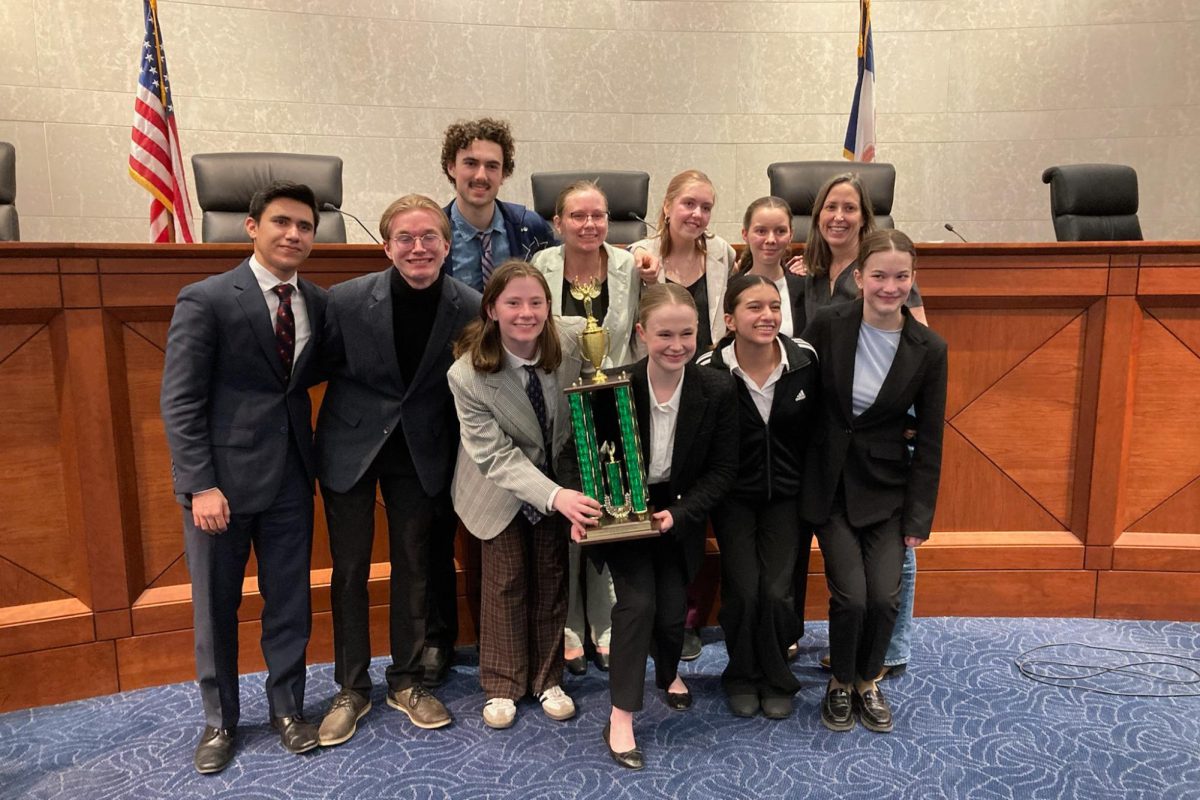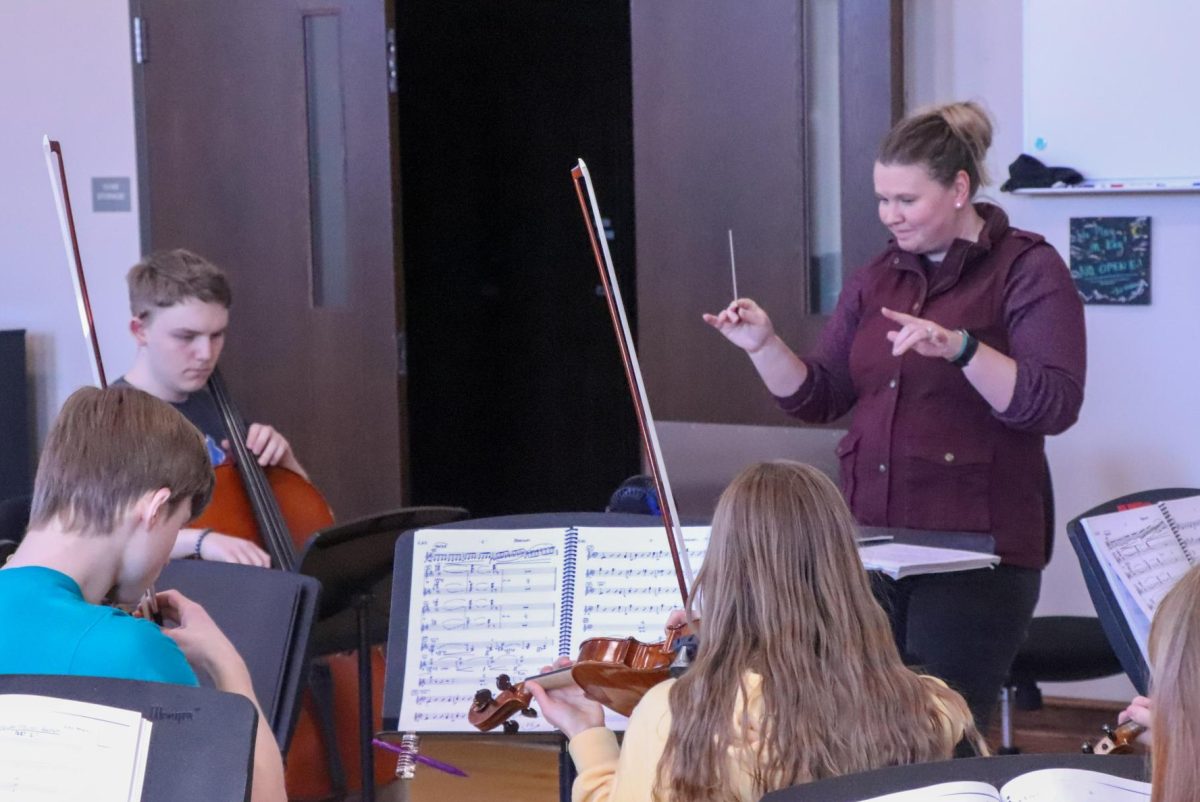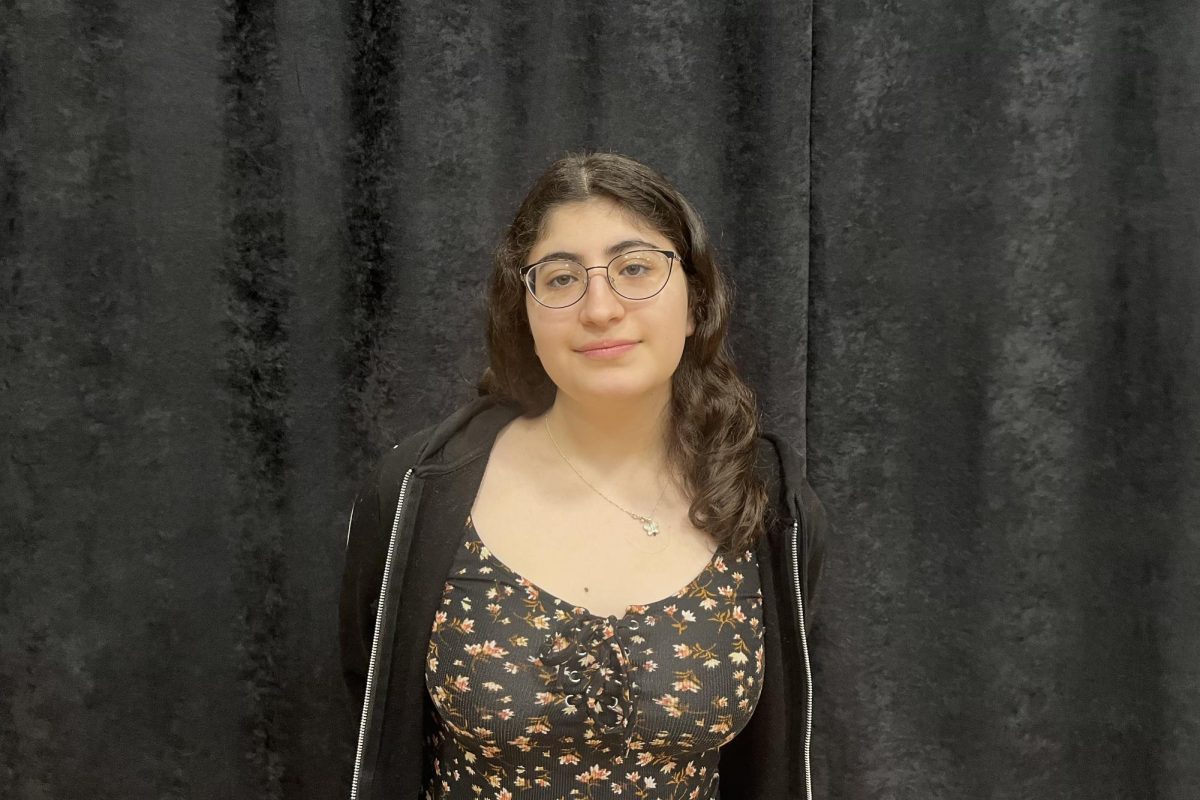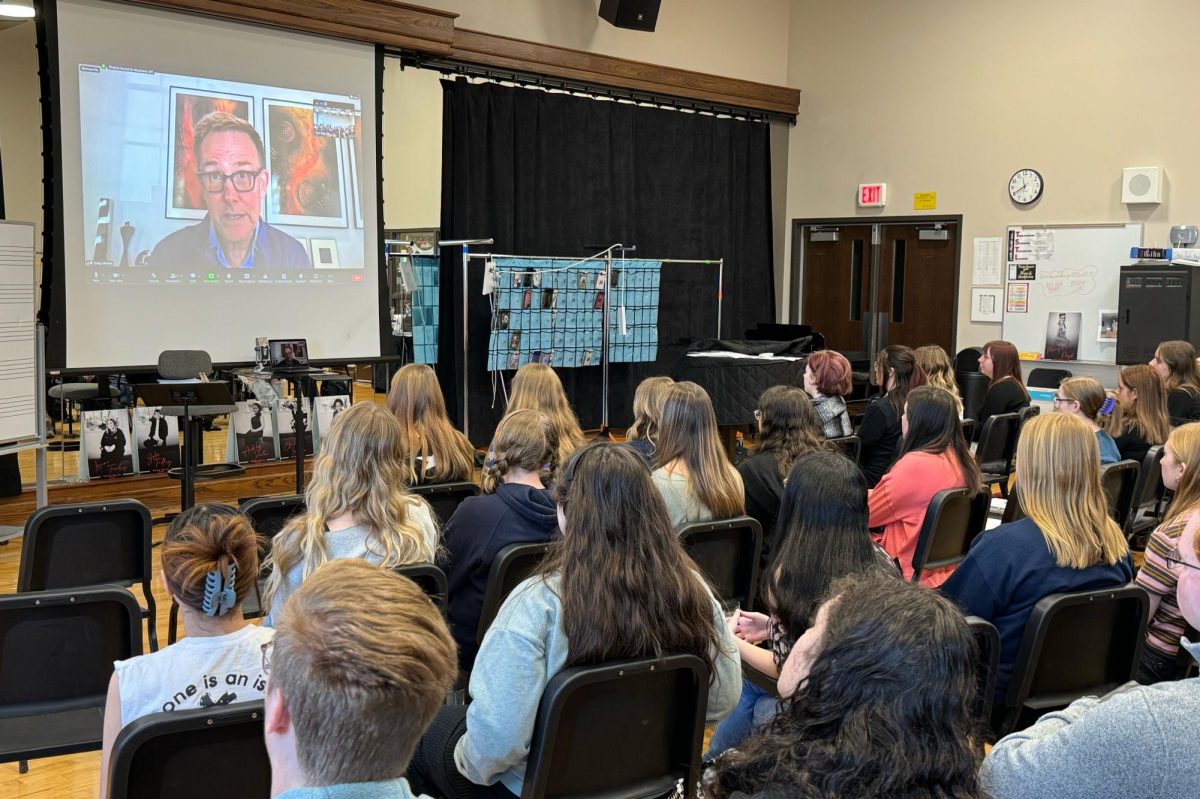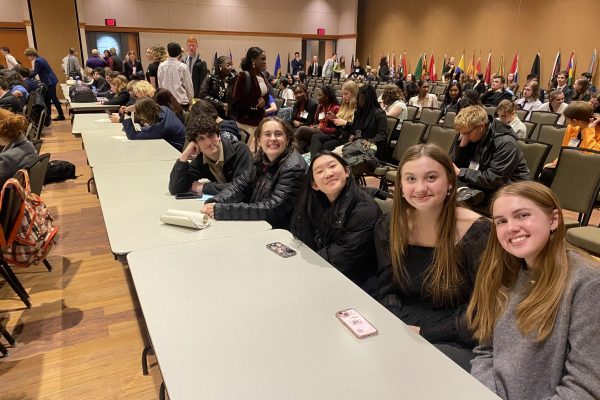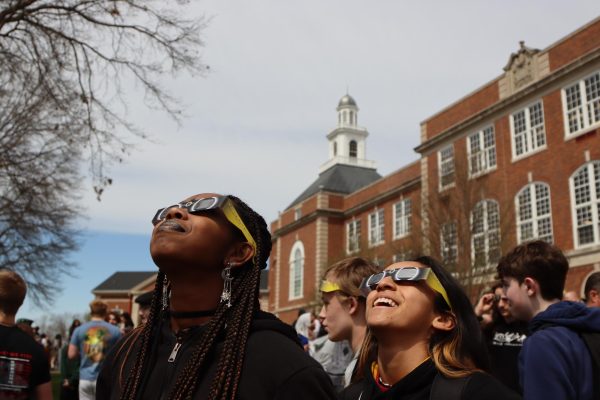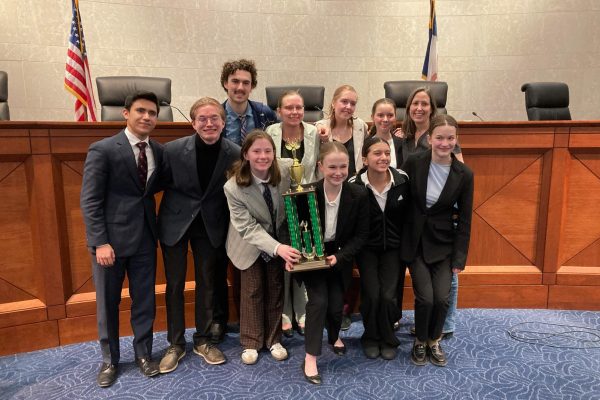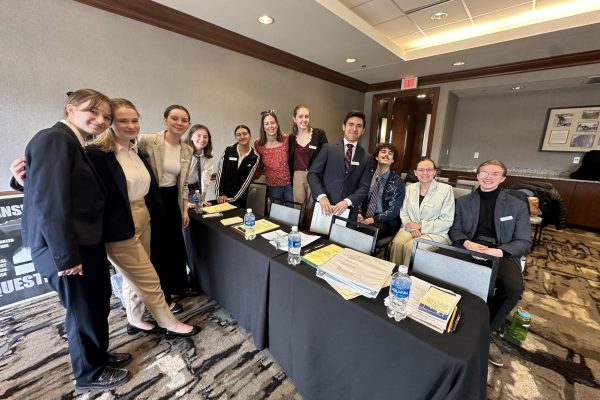Syrian Refugee Crisis Hits Home in Iowa
January 6, 2016
4,283,224 refugees. That’s more people than the entire population of Iowa that are fleeing the familiarity of their home, in pursuit of a life without fear from oppression. The corruption left behind includes the growing strength of terrorism groups and the injustice performed by their government.
“We do know that terrorism does exist. Extremists do exist in every religion and in every society,” Newman Abuissa, transportation engineer and native Syrian, said. “We cannot paint extremists on all of society.”
Abuissa came to the United States from the capital of Syria, Damascus, to pursue his education at the University of South Dakota. Upon completion, he took a job in Ames, Iowa for three years, followed by a job in the same department in Mason City. He then accepted a position in Iowa City and has stayed for the past 20 years. “We do know that terrorism does exist. Extremists do exist in every religion and in every society. We cannot paint extremists on all of society.” — Newman Abuissa
Abuissa and his son, Yusef Abuissa ‘16, traveled to Syria in 2009 to visit their family.
“I’d play soccer with the kids of nearby neighborhoods,” Yusef said. “All the food is locally grown. We would go buy bread in the morning so there was hardly any huge consumerism,” he said. “The traditions were more alive. You don’t really see that in America.”
Syrians have been fleeing their country due to the ongoing violence and instability since its Civil War began in 2011. The resulting conflict has caused 320,000 deaths, with at least 12,000 of those deaths being children, according to the Syrian Observatory for Human Rights.
Abuissa’s brother still resides in Syria, and serves a community in Damascus as a pharmacist. According to Abuissa, the area’s population has doubled, as safe places are now hard to come by, and his brother is currently serving four times as many people as he used to.
“He likes the country and he’s serving the people. Somebody said that you don’t run away from your mother when she’s sick and needs you, so that’s the way he feels [towards his country],” he said. “He can provide a service and his services are needed, so he can’t just leave.”
Recently, Iowa’s governor, Terry Branstad, formally requested denial of Syrian refugees into Iowa because of safety concerns following the terrorist attacks in Paris.
“I think [Governor Branstad’s statement is] unfortunate because people who see the Syrian refugees know first hand that they are in need of support, and they are the victims, actually, of the terrorists,” Abuissa said. “[Governor Branstad] is giving more power to the terrorists,” he said. “You cannot paint [the Syrian refugees] with the same brush as terrorism, and if he does that, it’s actually empowering the terrorists.”
Brett McCleary ‘17 shares the same safety concern that Governor Branstad has proposed.
“I believe in helping, I believe in foreign policy, and other countries having a chance, but I don’t believe that all of the Syrian refugees should be welcome into the United States,” McCleary said. “I don’t believe that they should come to our country just because [it would jeopardize] our national security.”
The mayor of Swisher, Iowa, Christopher Taylor, has recently stated that he would welcome all visitors, including Syrian refugees, contradicting Governor Branstad’s proclamation. Along with Mayor Taylor, Matt Hayek, mayor of Iowa City, would welcome Syrian refugees as well.
“The City Council has not formally addressed the refugee issue. However, Iowa City has ties throughout the world, and I believe our community would do its part to help with the crisis. We would welcome refugees,” Mayor Hayek said. “Personally I find Governor Branstad’s action to be inconsistent with our state’s history of helping displaced people.”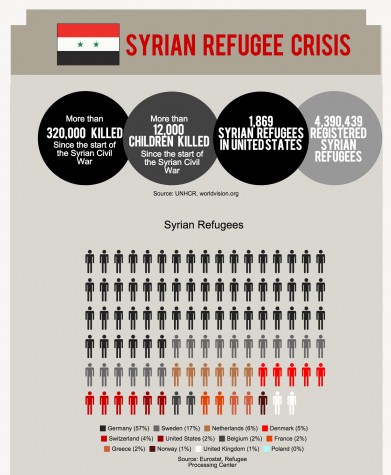
The argument that an influx of Syrian refugees to Iowa City could cause security concerns has also been denounced by Mayor Hayek.
“[I would worry about the Syrian refugees] no more than I would worry about anyone else in the community,” Hayek said. “Ironically, the background of a refugee who came to Iowa City would be far more scrutinized as a result of the federal program than that of anyone else new to the community.”
The terror attacks in Paris, the recent shooting in California led by two individuals that pledged allegiance to ISIS, and the mounting number of refugees fleeing Syria has sparked America’s presidential candidates to engage firmly in the foreign policy conversation. Abuissa has been involved in Democratic Governor Martin O’Malley’s presidential campaign, and has appreciated O’Malley’s recent meetings with newly acclimated United States citizens from Syria.
“[The Syrian refugees] were just catching their breath [after getting their citizenship], and trying to adjust to the new environment,” Abuissa said. “It was lucky that Governor Martin O’Malley wanted to meet them. That was a nice welcoming gesture from a presidential candidate.”
Republican presidential candidates have also voiced their input, the most notable being Donald Trump’s proposal to track and ID all muslims, and even deny all Muslims entry into the United States. Trump has faced bipartisan scrutiny.
“You have to know the background, and you have to know the facts. Someone’s not a terrorist until they’re a terrorist. If someone’s a Muslim then they’re a Muslim, that’s just their religion,” McCleary said.
Legislation to tighten the security process of admitting Syrian refugees has recently passed in the U.S. House of Representatives. The bill requires the director of the F.B.I., the secretary of the Department of Homeland Security, and the director of national intelligence to justify that the Syrian applicant will pose no threat. This is proposed to be added onto the extensive 18-24-month screening process for Syrians in several federal agencies.
“Syrians are very well vetted; they are the most vetted out of any nationality on the face of the Earth,” Abuissa said. “The president wants to welcome about 10,000 Syrian refugees, and that is a very small, but meaningful, number to the people who are able and would like to come.”
According to the Refugee Processing Center, the United States has accepted 2,200 Syrian refugees since 2011. The admission rate is expected to increase to suffice President Obama’s plan of accepting 10,000 more refugees.
“I think it’s better for us to help people in need,” Abuissa said. “That’s how we win the heart and minds of people- when they are in need.”





